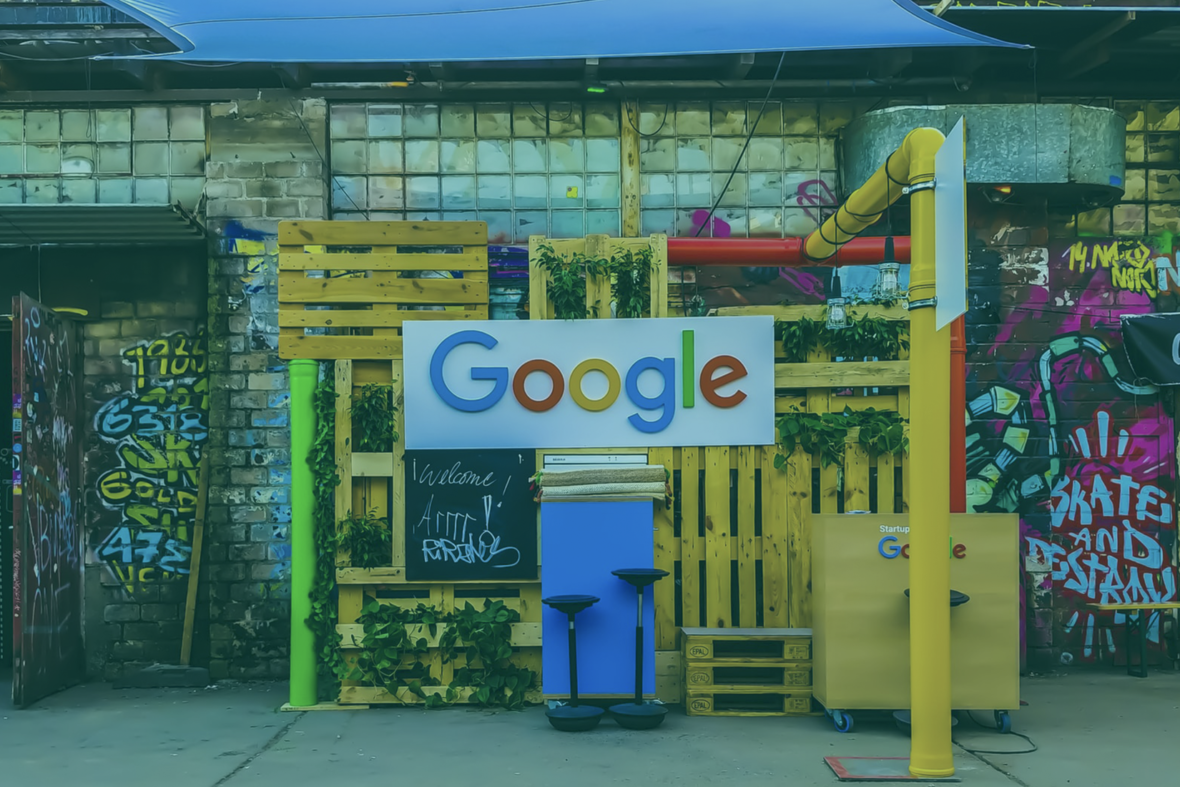

Discover how Google’s new technology is changing the PPC landscape.
For most people, the word “automation” has a scary ring to it.
It immediately conjures up memories of the robotic manufacturing revolution and its impact on blue-collar jobs around the world. It taps into an innate fear most people have – that you could be replaced by a robot.
But marketing automation is a little different. Within that field, the more narrow subject of PPC marketing with Google Automation is very different.
Here, there is almost no chance that any marketers are going to lose their jobs to automation. Instead, they will improve and streamline their ability to carry out those jobs, improving client satisfaction and reducing wasted advertising expenditure.
While many PPC marketers’ knee-jerk reaction to the idea of Google Automation is fear, the fact is that these technologies pave the way towards extraordinary gains. These automation tools will soon make the jump from novel innovation to industry must-have.
It’s a hard truth, but it must be said: The traditional approach to PPC marketing is on its way out. This isn’t because people are going to stop buying things – on the contrary, the PPC marketing industry is growing.
Something else is changing. The bar for advertising success is rising. Brands are under pressure to advertise their products and services exclusively to people who are ready to buy, and to avoid advertising to people who simply will never become customers.
In the beginning, there was no way to qualify search engine users based on anything other than the keywords they chose to use. PPC marketing best practices grew out of that environment by capitalizing on user behaviors in a keyword-centric way. Keyword intent is still a very real thing, but the signals that Google uses within their automation is also.
Today, advertisers have access to an enormous amount of user-generated data that speaks far beyond the limits of what keywords can say. Today’s PPC marketers can use that data to address users who are truly searching for the products and services they represent.
When done right, traditional PPC marketing tactics result in strong conversion rates. This means that the vast majority of users are not actually invested in the products or services advertisers are showing them.
This is to be expected, because the industry historically focused solely on keywords to determine user intent. Obviously, keyword usage is really just one factor out of many that can reflect what users are really looking for.
What if there was a way to display ads exclusively to people who are actually invested in your products and services? Google Automation makes this possible because it operates on a fundamentally different premise than the traditional approach.
Traditional PPC marketing tends to treat all users as oversimplified extensions of an abstract buyer persona. Google Automation treats every user as an individual, gathering data on their specific behavior patterns and operating based on that data.
Google has the data. The technology giant knows where its users are, what they usually buy, when they usually buy things, what qualities they consider valuable in the things they buy – the list goes on.
The trick to automation is leveraging Google’s power to gather and analyze data that comes from the entire web environment. This means going beyond search terms and looking at actual bottom-line interaction data. Now you can automate ad campaigns to respond to user engagement with branded content, activity on third-party platforms, and even travel plans through services like Google Flights and Google Maps.
Google knows what apps users log into and what communities users participate in. Google Automation gives its advertising partners the power to use that data to differentiate between users at the top of the funnel.
With Google Automation, you can distinguish between someone looking up information on “Nike Air Jordans” just to watch the company’s latest commercial, and someone who is ready to purchase a pair right now even if the two users search for the same term. That puts tremendous power in the hands of advertisers and the brands they work for.
Agencies that take full advantage of Google’s automation tools are able to handle client accounts far more efficiently than the ones that are holding on to traditional processes. The fact is that most agencies spend a great deal of time working on high-volume, low-value tasks, especially when it comes to new clients.
Google Automation lets PPC marketers move beyond the high-volume, low-value tasks that have been holding them back. It allows marketers to focus on a smaller group of clients while exponentially improving the efficiency of their client relationships.
As with every other industry impacted by automation, marketers have to adapt to a changing landscape in order to maximize the value they offer their clients. Unlike many of those industries, however, marketers are not “losing their jobs” to automated services – the nature of the job itself is merely changing. Everybody wins.
Enter your name + email to watch this free training video